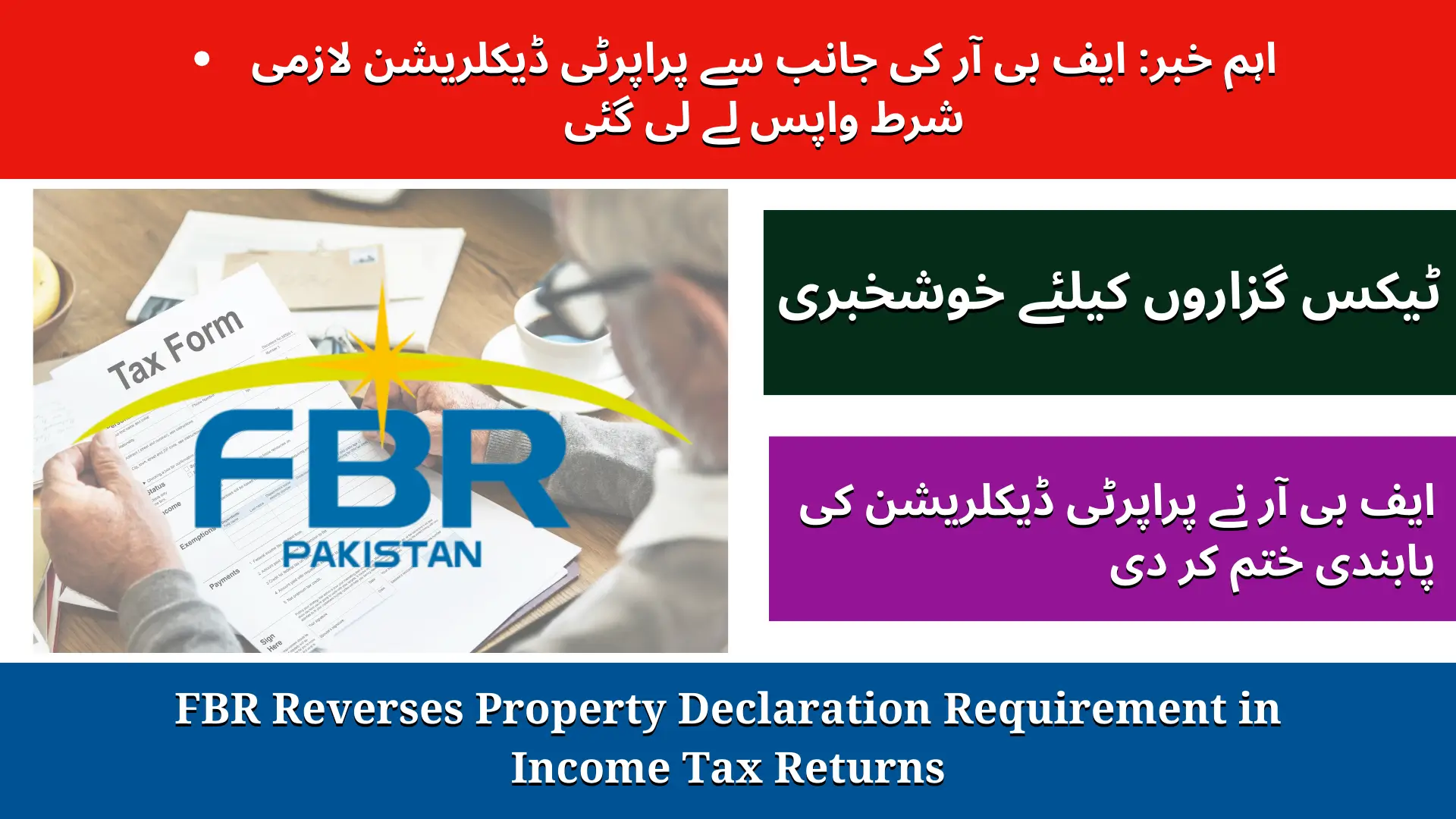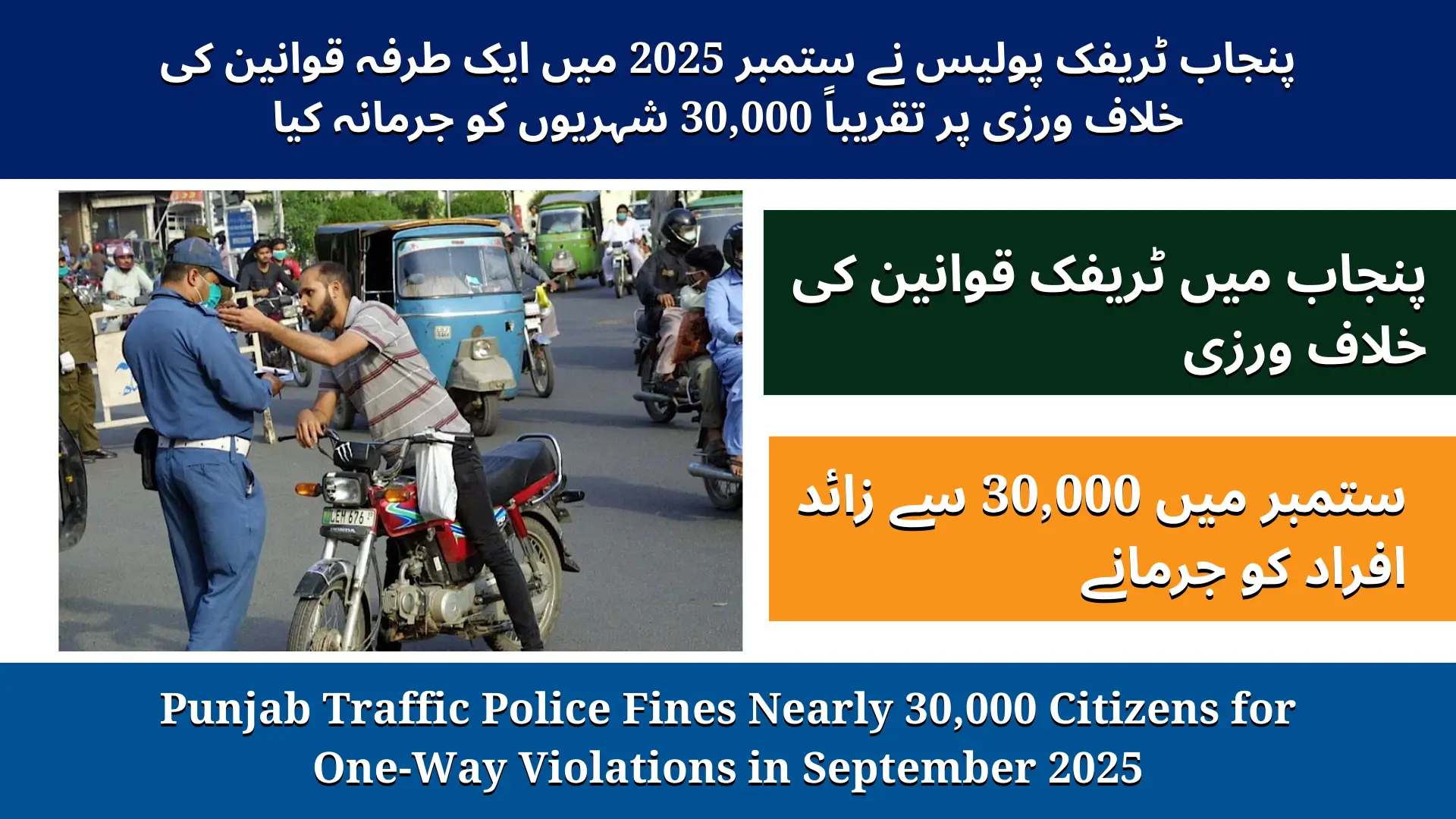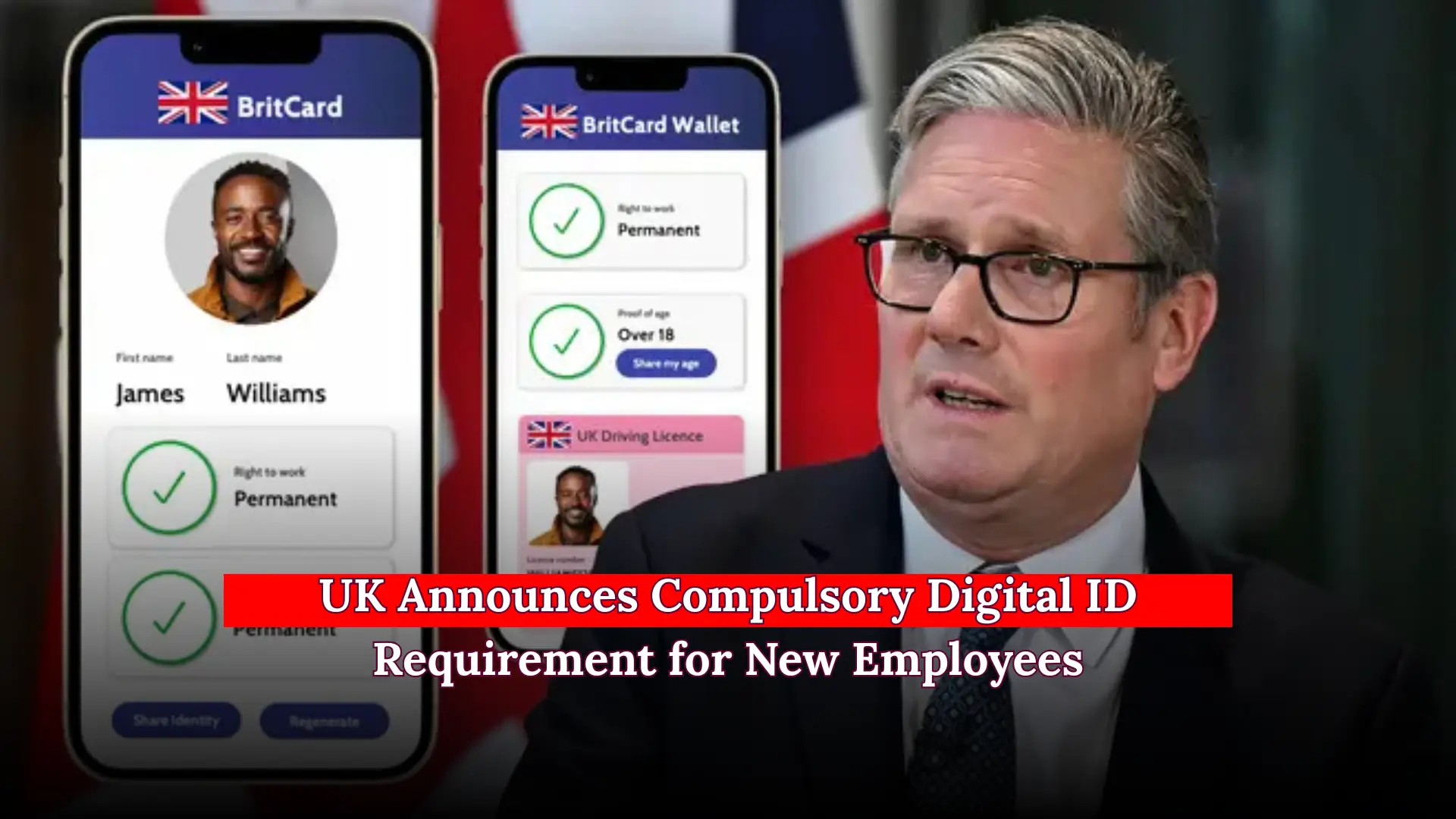Pakistan is opening its doors to global crypto exchanges, presenting an enormous opportunity in the digital finance sector. With over 40 million users and an estimated annual trading volume exceeding $300 billion, Pakistan’s virtual assets market is being positioned as one of the world’s most dynamic frontier opportunities.
The country is now inviting established global exchanges and Virtual Asset Service Providers (VASPs) to participate in shaping the future of digital finance. This move is expected to not only modernize Pakistan’s economy but also boost financial inclusion, investment opportunities, and innovation in blockchain technology.
Pakistan Virtual Asset Regulatory Authority (PVARA) Launches Global Call
On Saturday, PVARA issued a global call for Expressions of Interest (EoI) from exchanges and VASPs aiming to enter Pakistan’s growing digital economy. This step follows the enactment of the Virtual Assets Ordinance, which was promulgated on July 8, 2025, and published in the Gazette the next day.
The ordinance empowers PVARA to license, regulate, and supervise VASPs in Pakistan. It also includes:
- Strict Anti-Money Laundering (AML) safeguards
- Counter Financing of Terrorism (CFT) measures
- Cybersecurity protocols
- Encouragement of Shariah-compliant innovation through regulatory sandboxes
“This EoI is our invitation to the world’s leading VASPs to partner in building a transparent and inclusive digital financial future for Pakistan,” said Bilal bin Saqib, PVARA chairman and Minister of State for Crypto and Blockchain.
He emphasized that this initiative aligns with international standards set by FATF, IMF, and World Bank, ensuring global compliance and investor confidence.
Virtual Assets Ordinance: Pakistan’s Legal Framework
The Virtual Assets Ordinance 2025 marks a historic moment for Pakistan. By establishing a legal framework for virtual assets, the government is creating:
- A safe ecosystem for crypto trading
- Clear licensing and regulatory guidelines for VASPs
- Consumer protection mechanisms to prevent fraud
- Opportunities for fintech and tokenized assets
The ordinance ensures that Pakistan follows global best practices while also allowing for Shariah-compliant digital finance solutions, making it attractive to Islamic investors.
PVARA’s First Board Meeting and Strategic Plans
During its first board meeting last month, PVARA discussed:
- Withdrawing the State Bank of Pakistan’s 2018 ban on virtual currencies
- AI-driven risk management systems to monitor crypto activities
- Licensing protocols for foreign and local exchanges
- Compliance structures to ensure AML/CFT adherence
Finance Minister Muhammad Aurangzeb stressed that adopting blockchain and virtual assets will:
- Deepen financial inclusion
- Modernize Pakistan’s economy
- Boost transparency in financial transactions
Who Can Apply Under the EoI?
PVARA’s EoI is open to VASPs and exchanges licensed in at least one global jurisdiction, including:
- US SEC/MSB
- UK FCA
- EU VASP regulations
- UAE VARA
- Singapore MAS
Eligible applicants must demonstrate:
- Proven AML/CFT/KYC-compliant operations
- Strong operational history in digital asset management
- Capacity to introduce secure and innovative financial services in Pakistan
How to Submit Your Expression of Interest
Applicants must provide detailed submissions, including:
- Company profile and history
- Licensing credentials from other jurisdictions
- Compliance history with AML/CFT/KYC standards
- Operational overview of exchange or VASP services
- Proposed models for Pakistan and business plans
Benefits for Global Crypto Exchanges
Entering Pakistan’s crypto market offers several benefits for global VASPs and exchanges:
- Access to a large user base: Over 40 million crypto users are already active.
- Huge market potential: Annual trading volumes are expected to exceed $300 billion.
- Regulatory clarity: PVARA provides structured licensing and compliance support.
- Opportunities for Shariah-compliant products: Tapping into Islamic finance markets.
- Integration with Pakistan’s growing fintech sector: Including remittances, tokenized assets, and digital banking.
Pakistan’s Autonomous Federal Authority
The Pakistan Virtual Asset Regulatory Authority (PVARA) operates as an autonomous federal body, tasked with:
- Combating illicit finance and money laundering
- Protecting consumers from fraud and cybercrime
- Facilitating innovation in digital finance
- Unlocking opportunities in remittances, tokenized assets, and fintech services
PVARA ensures that foreign exchanges operate under global standards, while also supporting local financial inclusion initiatives.
Impact on Pakistan’s Economy
The introduction of global crypto exchanges in Pakistan is expected to:
- Boost foreign investment in fintech and digital assets
- Create jobs in tech, finance, and blockchain development
- Increase financial literacy among millions of users
- Modernize Pakistan’s payment systems and reduce reliance on cash
- Provide secure channels for remittances from overseas Pakistanis
With a projected market size of $300 billion, Pakistan is now positioning itself as a frontier market for digital assets.
Shariah-Compliant Innovation
PVARA encourages Shariah-compliant crypto solutions, making Pakistan a hub for Islamic fintech.
Examples include:
- Crypto wallets compliant with Islamic finance rules
- Tokenized assets for real estate and commodities
- Digital savings schemes for users seeking Halal investments
This approach attracts both local investors and global Islamic finance institutions.
Global Compliance and Standards
Pakistan’s virtual asset regulations follow international compliance standards:
- Financial Action Task Force (FATF) recommendations
- International Monetary Fund (IMF) guidelines
- World Bank fintech frameworks
This ensures that foreign investors and exchanges can operate safely and transparently.
AI-Driven Risk Management
PVARA is integrating AI-driven systems to monitor and manage digital asset risks.
- Real-time fraud detection
- AML/CFT compliance monitoring
- Transaction risk scoring
- Enhanced consumer protection
Roadmap for Licensing and Compliance
PVARA has created a clear roadmap for foreign exchanges and VASPs, which includes:
- Initial Expression of Interest (EoI) submission
- Review of licensing and compliance credentials
- Approval for pilot operations or sandbox testing
- Full license issuance after compliance verification
- Ongoing monitoring and risk management
This roadmap ensures transparency, accountability, and market stability.
Opportunities for Fintech and Remittances
The entry of global crypto exchanges will strengthen Pakistan’s fintech and remittance ecosystem:
- Faster cross-border payments for overseas Pakistanis
- Secure digital wallets for local users
- Integration with banks and mobile payment platforms
- Expansion of tokenized asset trading
Consumer Protection Measures
PVARA’s regulatory framework prioritizes consumer protection:
- Cybersecurity measures to prevent hacking
- AML/CFT monitoring to prevent money laundering
- Transparent fee structures for users
- Dispute resolution mechanisms
These measures make Pakistan’s market safe for investors and everyday users.
Future Prospects
Pakistan’s virtual asset market is expected to grow rapidly in the coming years, driven by:
- High smartphone and internet penetration
- Supportive regulatory environment
- Increasing awareness of digital finance
- Global participation from licensed exchanges
With PVARA’s oversight, Pakistan could emerge as a leading crypto hub in South Asia.
Conclusion
Pakistan is opening its doors to global crypto exchanges, offering a $300 billion market opportunity. With over 40 million active users, strong regulatory frameworks, and AI-driven monitoring, the country is positioning itself as a frontier digital economy.













